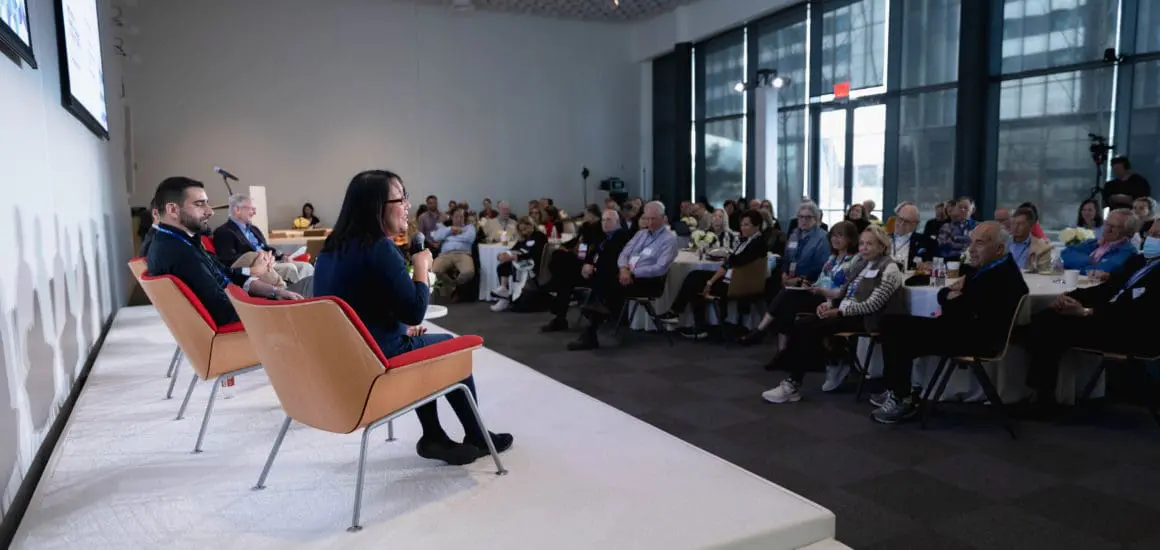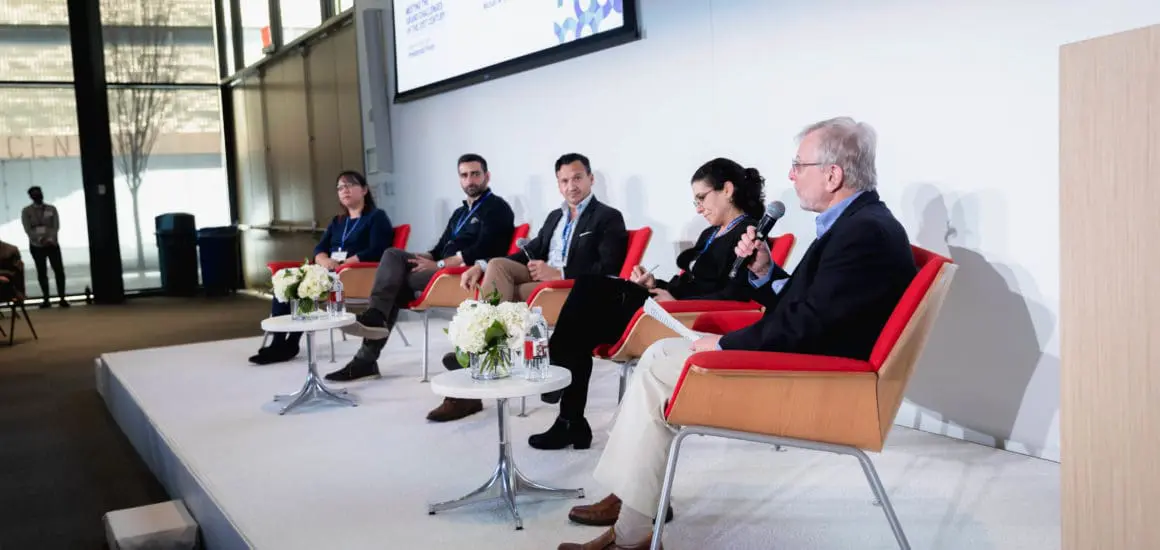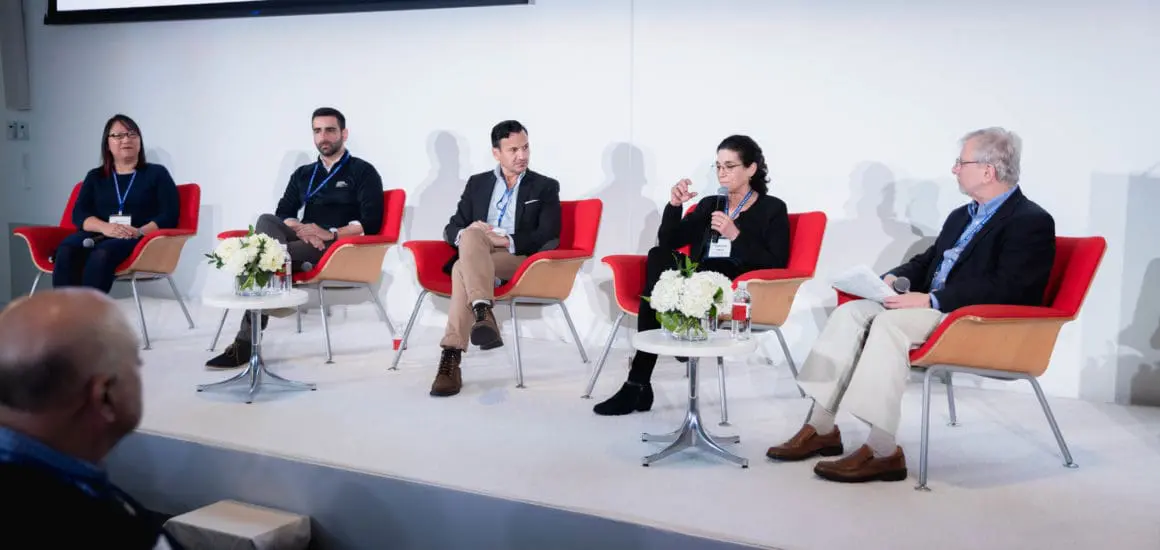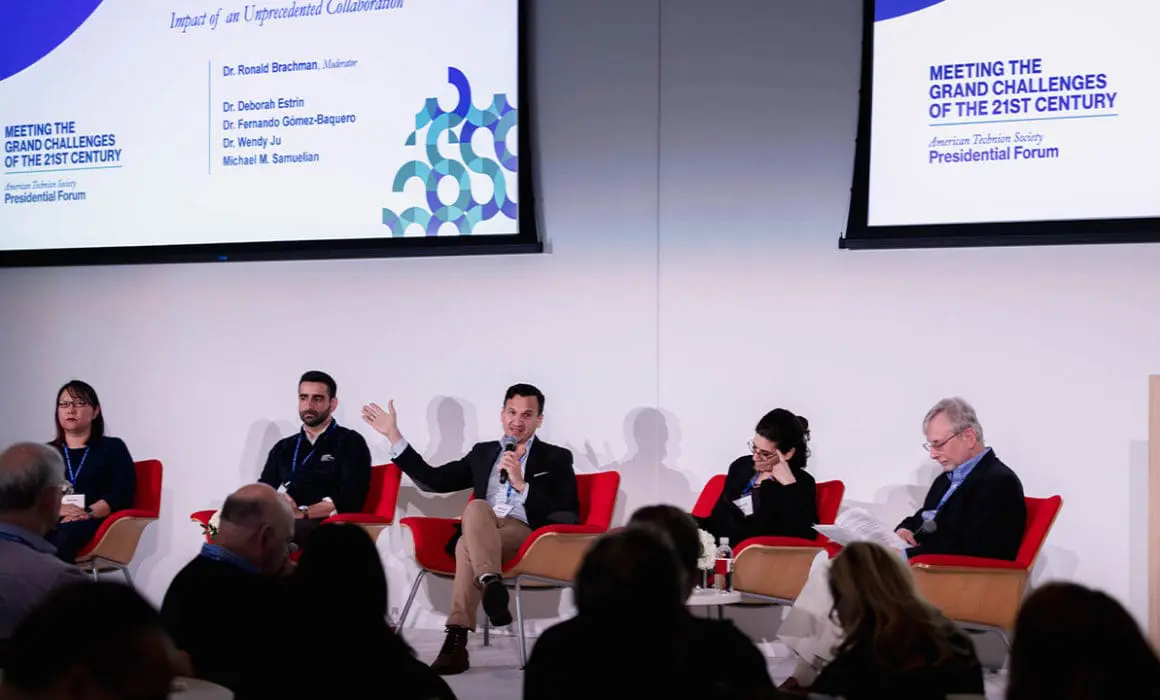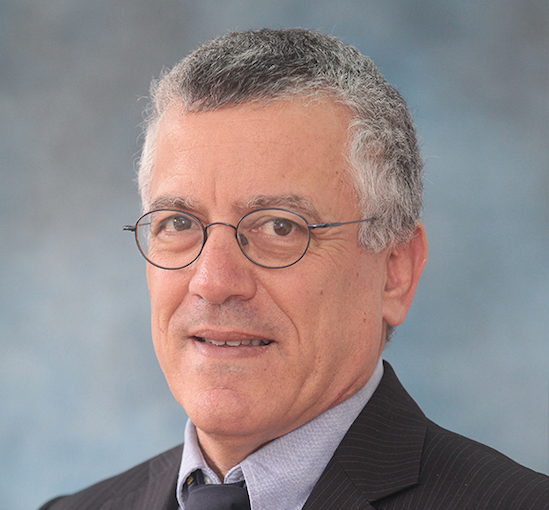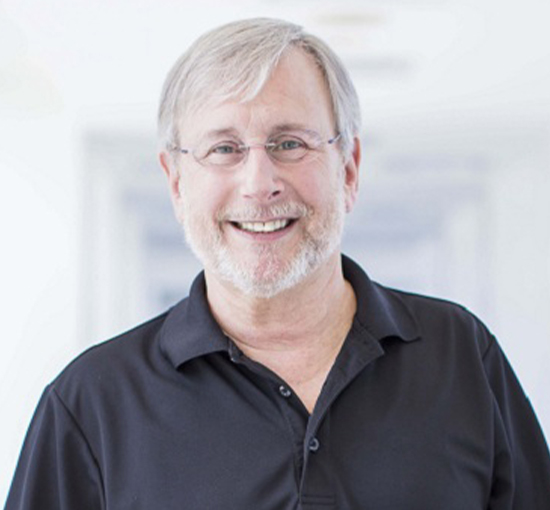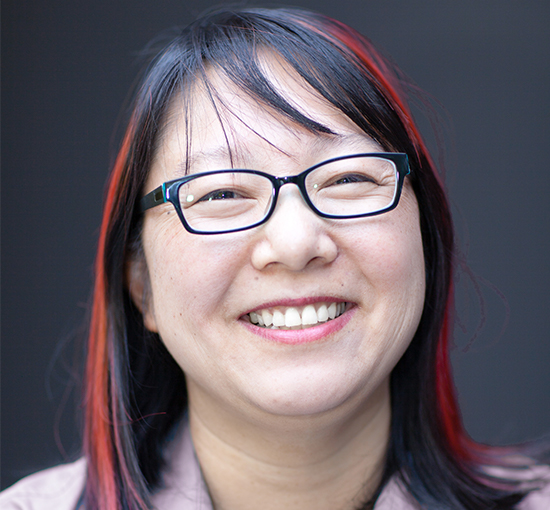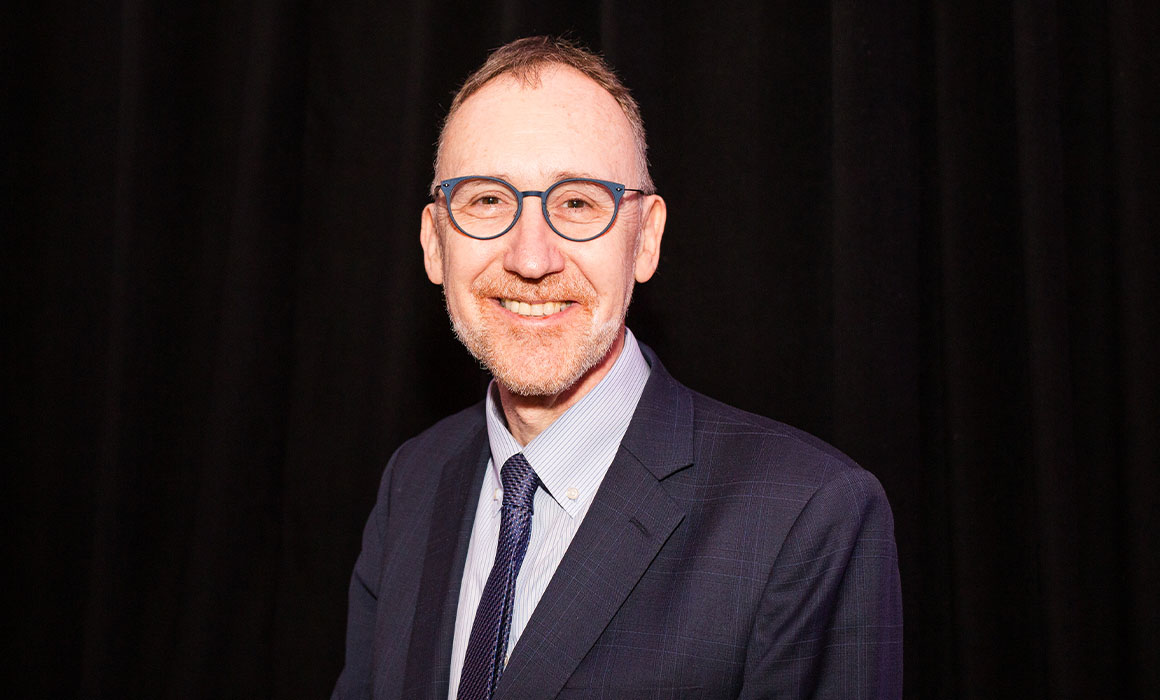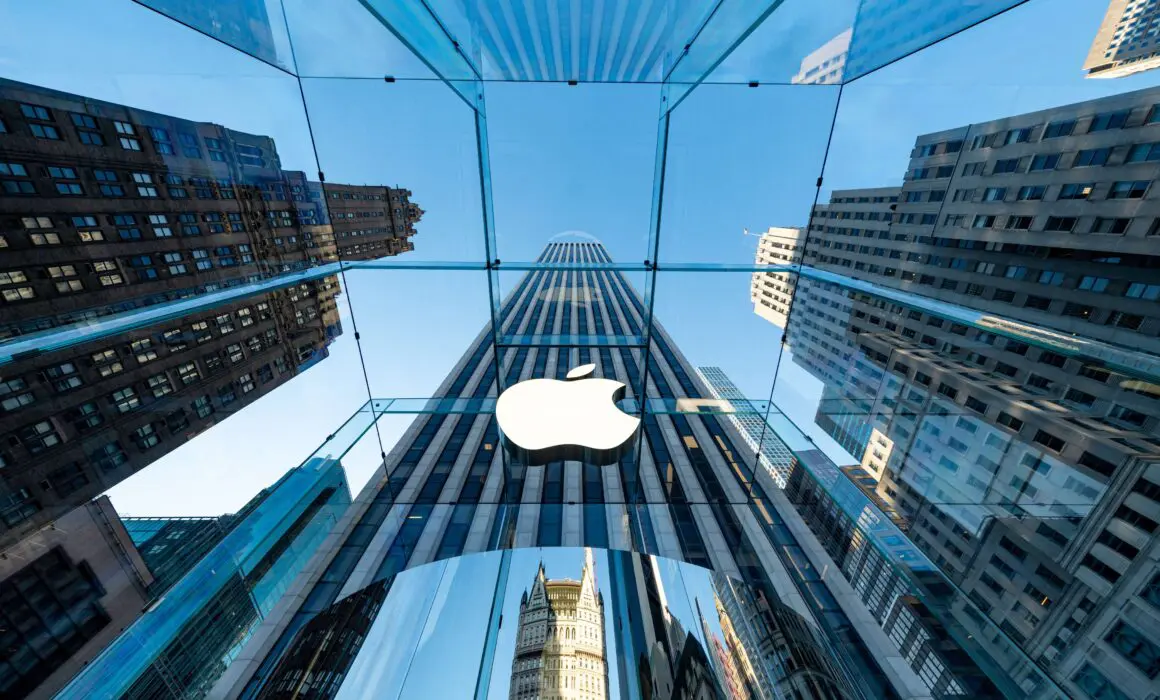The Jacobs Institute: A Decade of Impact
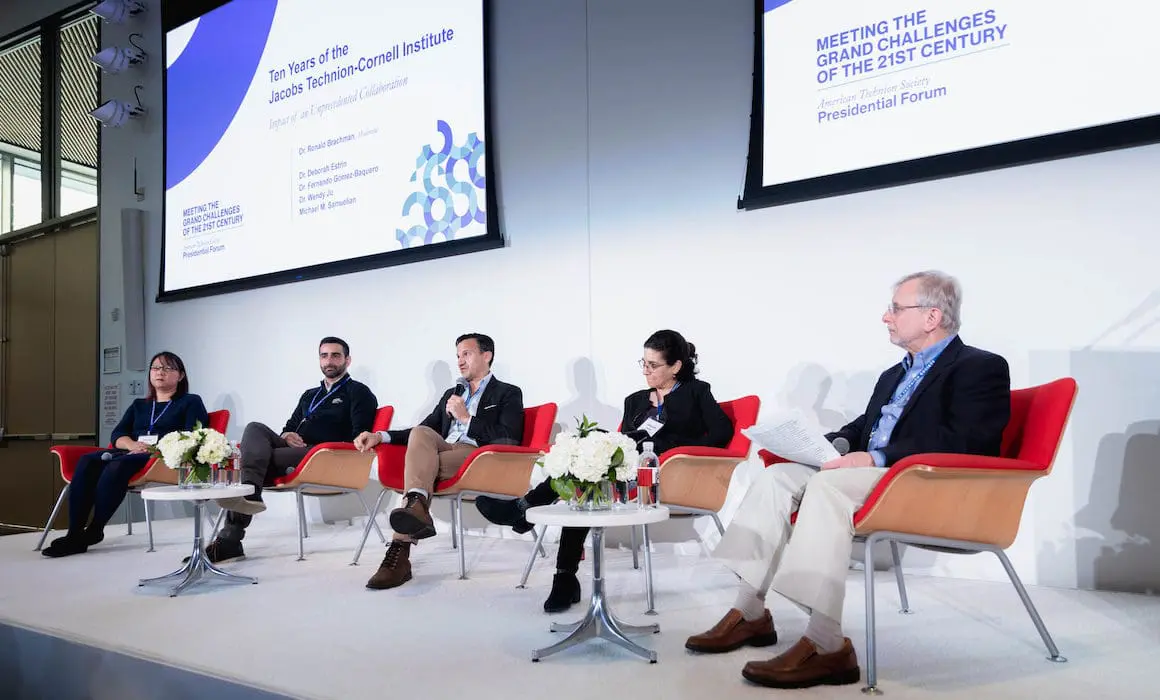
Ten years ago, the Technion joined forces with Cornell University to win a competition initiated by former Mayor Michael Bloomberg to build an applied sciences campus in New York City that would promote entrepreneurship and spur job creation in the tech sector. “We thought there was no chance of winning so we went wild,” proposing exceptionally innovative ideas, said Boaz Golany, executive vice president and director general of the Technion. The announcement came in December 2011 that they won, and the Jacobs Technion-Cornell Institute at Cornell Tech on Roosevelt Island was established.
Ronald Brachman, director of the Jacobs Technion-Cornell Institute, and many of the school’s key players assembled in the Verizon Education Executive Center campus during the first day of the Presidential Forum to discuss a decade of dreams fulfilled.
“Ron is advancing collaboration between academia and industry, spinning off startups and helping to transform New York into a global tech center,” said Andrew Tisch, co-chair of the Loews Corporation, a member the Jacobs Institute Steering Committee, and who along with his wife, Ann Tisch, is a generous contributor to the Jacobs Technion-Cornell Institute.
Professor Deborah Estrin, founder of the Jacobs Technion-Cornell Institute’s Health Tech Hub, recalled that when she launched the program, “Every corner of the health care system was looking towards technology for ways to become more effective or innovative, more accessible and more affordable.” So, she and her team built the two-year master’s program to provide students with an understanding of the complexity of the health system and “what it means to innovate within it.”
Throughout the years, Prof. Estrin, who is also the Cornell Tech associate dean of impact has seen the Institute’s programs break out of their individual silos, so that Connective Media students often work on projects together with her Health Tech students. “Building on courses that are taught in other programs,” she said, “allows us to spin up new hubs,” — such as the Urban Tech Hub, launched in 2019.
Michael Samuelian, director of the Urban Tech Hub, said: “There’s an incredible appetite for how we can make New York and cities around the world better with technology. The hub’s mission is threefold, he said: deepening the bench of urban tech talent in New York City, applying its research to make the city more equitable for urban residents, and engaging with the outside urban tech ecosystem as a bridge to industry, government, academia, and the public.
Looking ahead five years to how the Urban Tech hub might evolve, he said, “There’s no better laboratory for urbanism than New York.” The city’s reams of data is “a huge opportunity for us,” he said. “I’d love to see us grow into a lab where we can take some of these tricky problems and solve for government, for communities, for nonprofits, and ultimately for industry as well.”
Dr. Fernando Gomez-Baquero, director of Runways and Spinouts in the Runway Startup Postdoc Program, a crucial part of the Institute’s focus on entrepreneurship, has built 37 companies from scratch by postdoctoral students who, he said, “came with a Ph.D. and an idea.” The companies have provided hundreds of jobs, raised more than $150 million in addition to what the Jacobs Technion-Cornell Institute has invested, and are now worth more than half a million dollars.
“You have Ph.D.s who have spent years thinking about how to develop new things, how to solve interesting problems,” then suddenly they graduate and “want to explore an entrepreneurship path but don’t know how.” said Gomez-Baquero. “Can we give them the opportunity to explore entrepreneurism fulltime, in an academic environment?”
Associate Professor Wendy Ju truly embodies the notion of bringing the Technion to New York City as she is a Jacobs Technion-Cornell Institute professor whose main faculty affiliation is with the Technion. She is also a faculty member at Cornell University. Prof. Ju focuses on human-robot interaction and automated vehicles, showing how they can engage with people without intruding. Hailed by Director Brachman as “a model of collaboration,” Prof. Ju brought Technion Professor Avi Parush to Roosevelt Island to work with her students, resulting in an NSF-granted project, and recruited Ph.D. candidate Sharon Yavo Ayalon to the Urban Tech Hub for postdoctoral work. She also brought undergraduate Technion students into her lab as summer interns. “Many have gone on to grad school. And because we don’t have undergraduate students on this campus, it’s been really great for my students.”
